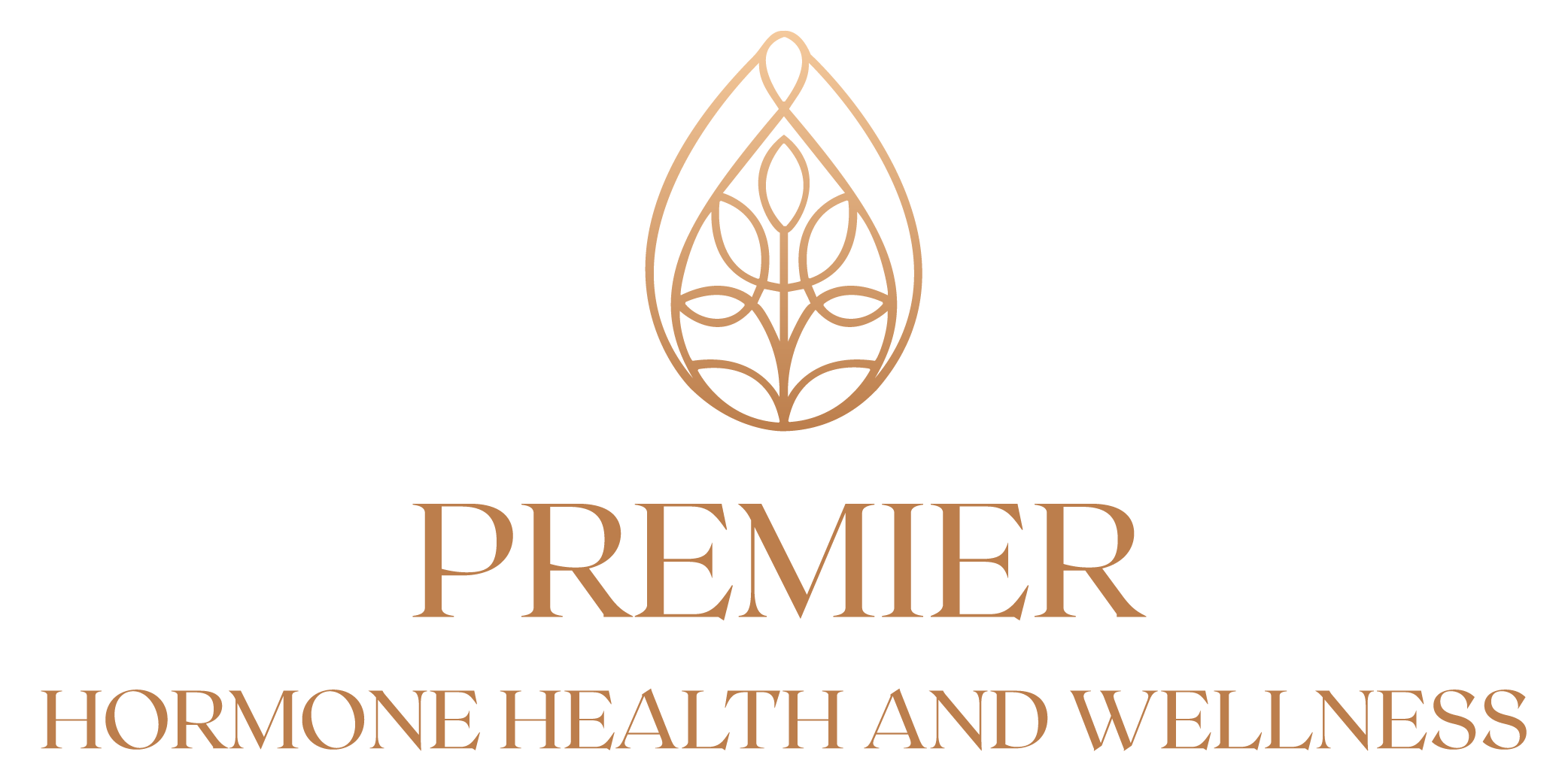Hormonal imbalances in women, often involving estrogen, progesterone, and testosterone, significantly impact reproductive health, menstrual cycles, and overall well-being.
● Estrogen
○ Role: Estrogen is crucial for the development and regulation of the female reproductive system and secondary sexual characteristics. It impacts the menstrual cycle, bone density, skin health, and mood.
○ Imbalances: Low estrogen levels can lead to symptoms such as irregular menstrual cycles, hot flashes, night sweats, mood swings, vaginal dryness, and decreased bone density. High levels can be associated with estrogen dominance and certain hormone-sensitive cancers.
● Progesterone
○ Role: Progesterone regulates the menstrual cycle and prepares the uterus for pregnancy. It helps maintain pregnancy and stabilizes mood.
○ Imbalances: Low progesterone may cause irregular periods, difficulties in conceiving, and symptoms like anxiety or irritability. High levels, often due to hormonal therapies, can result in mood changes and fatigue.
● Testosterone
○ Role: Present in smaller amounts than in males, testosterone in women is important for libido, muscle strength, and overall energy levels.
○ Imbalances: Low testosterone can result in a reduced sex drive, fatigue, loss of muscle mass, mood changes, and a lower sense of well-being. Excess testosterone may be linked to conditions like polycystic ovary syndrome (PCOS), characterized by hirsutism (excessive hair growth), irregular periods, and acne.
Diagnosis and Management:
● Hormonal imbalances are typically diagnosed through blood tests measuring hormone levels.
● Options for Hormone Replacement Therapy depend on the specific hormone imbalance and may include oral tablets, transdermal patches, creams, injections and pellets.

Leave A Comment